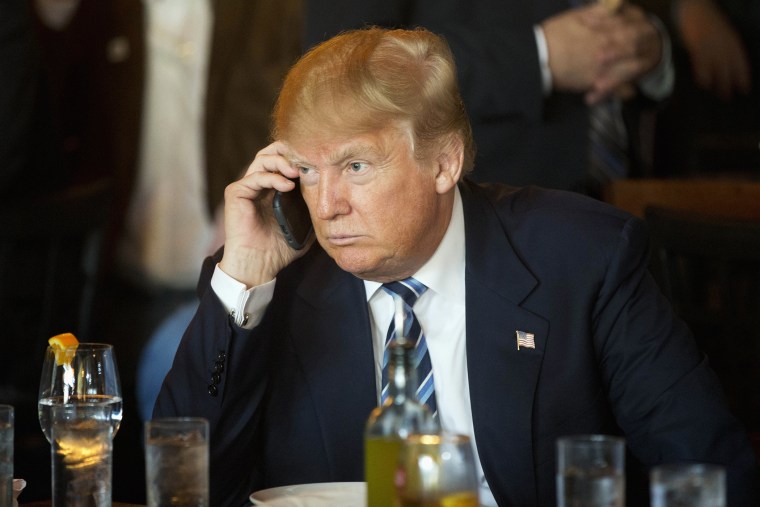A U.S. official said Trump revealed highly classified information about an Islamic State plot to senior Russian officials during an Oval Office meeting last week. The information had been obtained by a U.S. partner and shared with Washington, according to the official."If it proves to be true that the American president passed on internal intelligence matters, that would be highly worrying," Burkhard Lischka, a senior German lawmaker, said in a statement to The Associated Press.A second European official told the AP that their country might stop sharing intelligence with the United States as a result of Trump's disclosure to Russia.
"Look, there is a core assumption that undergirds our intelligence relationships the world over, our information sharing relationships with friends, with allies, and frankly at times even with adversaries. And that is we will share with you if you share with us with a reciprocal understanding that we will safeguard each other's information. And there is not to be onward passage of that information without explicit consent of the country that gave us that piece of information."So, if the details today in the Washington Post report are true, President Trump betrayed that core premise, that core assumption under which all of our intelligence relationships are forged."And, of course, it will infuriate this purportedly close ally. But that's, in a way, small potatoes. What is a much graver threat I think to the United States and to our people is that countries around the world -- countries that perhaps have a better presence in places like Syria, or have more expertise in groups like ISIL or core al Qaeda -- they will think once, they will think twice, or maybe they will stop sharing information with us to begin with if they cannot be confident that we can safeguard their information."
